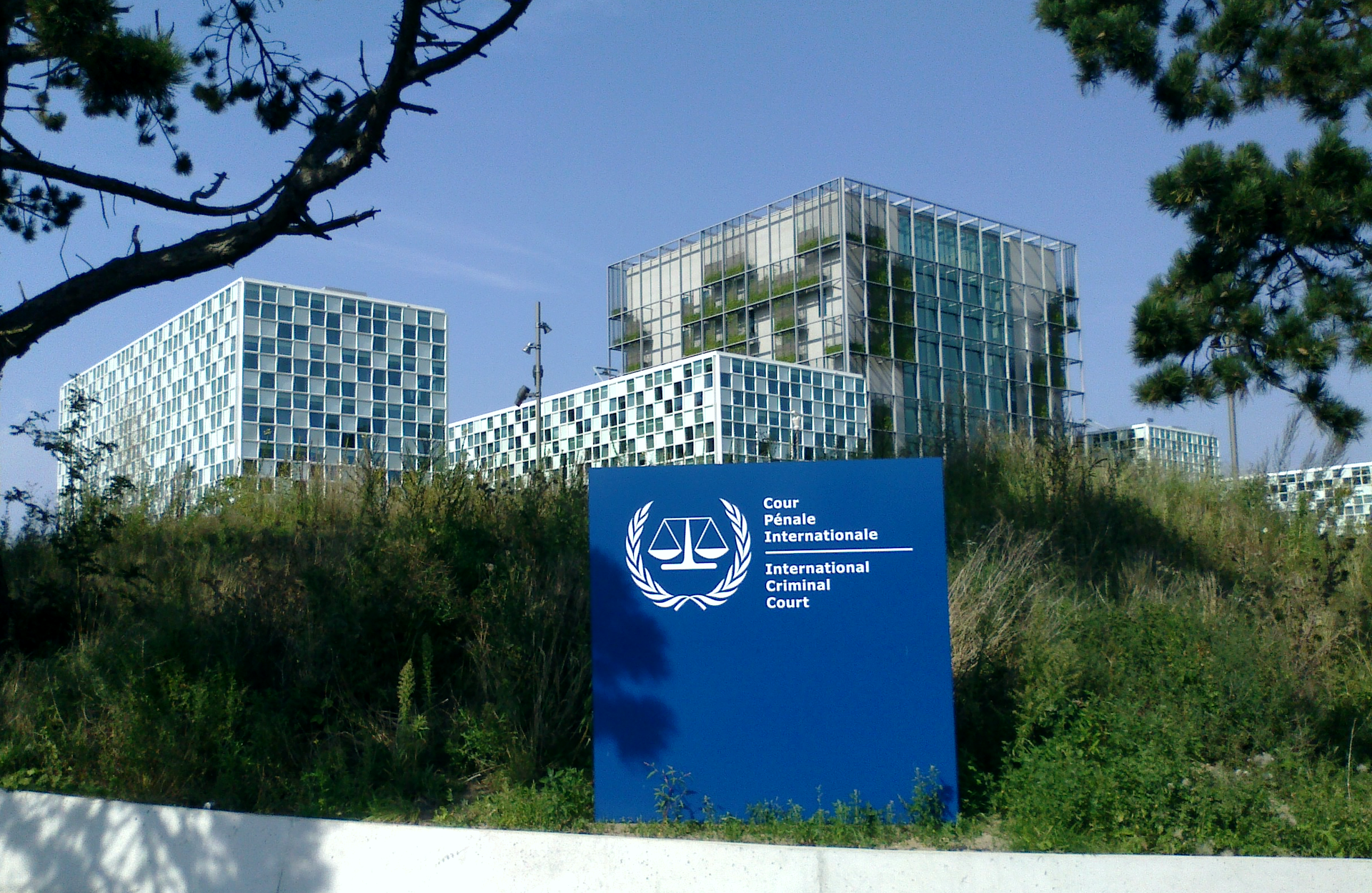The International Criminal Court at The Hague finally reached its decision on the Palestinian jurisdiction issue on Friday, making it public after months and months of waiting and long after its pre-determined due date. Even though the ICC had been asked to address dozens of submissions filed by legal experts from all over the world, as well as those of seven different states that had expressed their clear objection to ICC’s jurisdiction over the “Situation in Palestine” accordance with multiple legal claims, the court had published its decision in a strangely precise and summarized manner.
The decision was, in fact, reached by a majority of two judges who drafted a relatively short judgment, demonstrating a variety of linguistic and technical maneuvers at the expense of any relevant legal discussion. The complicated legal matters at hand resulted from the limited authority the ICC holds to only adjudicate crimes allegedly committed within the territories of states that are members of the Rome Statute.
Hence the tribunal had to rule on two substantive questions. First, is Palestine really a state? And secondly, if so, where is it located and what are its borders? The question of territory is one of the most essential questions when discussing this matter, simply because without defining the territory’s size and borders, how is it possible to even try and determine whether crimes were committed inside it?
Well, astonishingly, the majority determined that there is no need to examine whether Palestine is a state because of a technical and marginal reason: its accession to the treaty. In addition, the judges ruled that there was no need to decide on Palestine’s territory or borders, relying on a variety of U.N. General Assembly resolutions discussing it in general and as a proposed future solution to the conflict based on the 1967 lines. Incidentally, the court also argues that although the Oslo Accords have already determined some of the cardinal issues it is facing now, they hold no actual meaning in this matter; therefore, there is no point in discussing them any further.
And what is that bottom line? The decisions of the U.N. General Assembly, which are political in nature and devoid of any legal validity. These, according to ICC, are the only ones of significance in deciding on this issue—a claim that is unprecedented in the history of international law.
As stated, the decision was made by a majority of two judges to one, and it should be noted that the opinions presented by this third judge included statements essentially similar to the arguments I’ve made here, including accusing the other judges of disregard, unprofessionalism and failure to take responsibility.
So now that the ICC has made it clear beyond a shadow of a doubt that they are a political entity, is it all lost? Well, not necessarily.
For the first time in its history, the State of Israel has a real opportunity to generate broad support, as this decision by the tribunal is not only controversial in the Israeli context but may also be problematic for many other countries and hold far-reaching consequences. These unique circumstances may have been behind the support given to Israel and the opposition to ICC’s jurisdiction already demonstrated by quite a few countries, and so there is a high probability that Israel will be able to establish a wide coalition and create real change in the framework of these proceedings and in the court and beyond.
Yifa Segal is chair and CEO of the International Legal Forum (ILF).


























